On the 4th June 1976, the Sex Pistols played their first gig in the city of Manchester. There were only 42 people in the audience.
The crowd who had become accustomed to the prog rock and bombast of 70s bands was absolutely mesmerised by the raw energy displayed by the Sex Pistols, who could hardly play their instruments.
Tony Wilson later wrote of Johnny Rotten’s performance that night in Manchester, “[he had] a swagger to make John Wayne look a pussy. A sneer so dismissive of everyone and everything, of God and civilisation, in just one pair of twisted lips”.
Many of those those who attended the concert were so inspired by watching the incendiary Sex Pistols performance, that they launched their own careers in music.
Some of the future stars who were in the audience that night included:
Bernard Sumner and Peter Hook who would go on to form Joy Division and New Order;
Mick Hucknall from Simply Red;
Morrissey of the Smiths;
Howard Devoto and Pete Shelley of the Buzzcocks;
Mark E Smith of the Fall;
Eccentric Producer Martin Hannett
and Tony Wilson of Factory Records
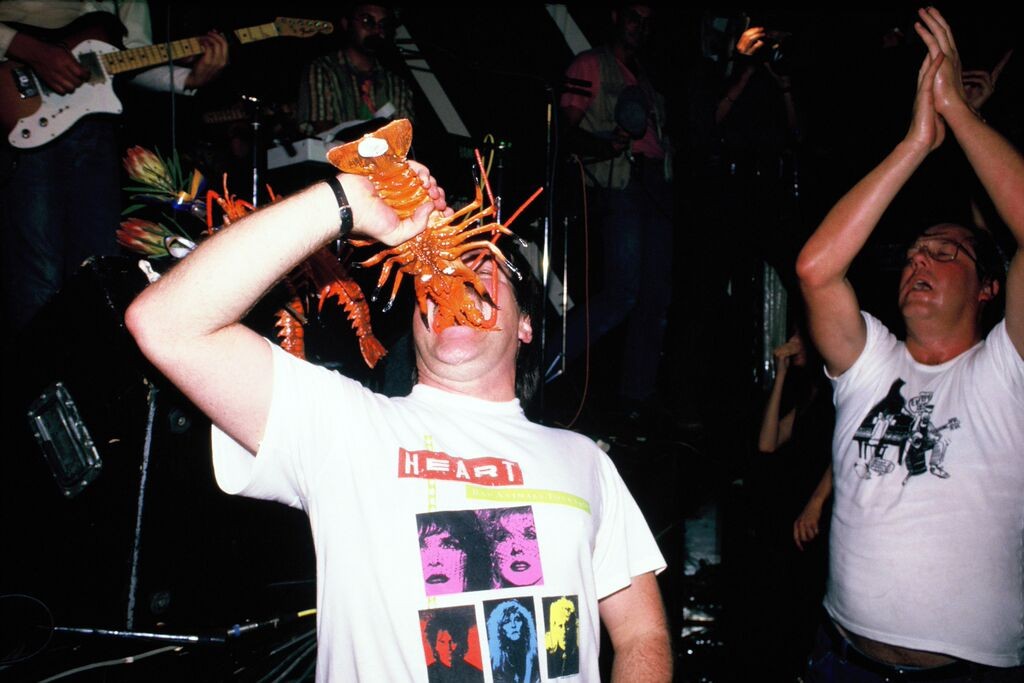
Fast forward thirteen years to South Africa 1989…
Controversy erupts after the Rector of the University of Stellenbosch decides not to allow the Voëlvry concert to take place on the university campus.
A group of university students marches to the Rector’s office where they demand that he reconsider his decision to ban the concert.
The Rector refuses to reverse his decision and says that the musicians have been banned because they are “crude” and the decision has been made in an attempt to maintain “good morals” on campus.
Unperturbed, organisers move the concert from the University campus to the Drie Gewels Hotel, in the neighbouring township of Lynedoch.
The resultant publicity ends up being a massive advertisement for the show.
Over 1500 arrive to see the concert and about 300 people are turned away.
Just like the Sex Pistols concert in the UK in 1976, the gig at the Drie Gewels in 1989, marks a turning point in South African cultural and music history.
For journalist Shaun de Waal, the Voëlvry concerts are a seminal moment in his life. Kombuis, Kerkorrel and another respected Afrikaans musician David Kramer, are instrumental in his “social and political awakening”.
His father does not allow the young de Waal to go to the Voëlvry concert at the Drie Gewels, so he sneaks out of his home, cycles to Stellenbosch station and then takes a train to Lynedoch. Well-known pop singer Lesley Rae Dowling, for whom Willem Möller has previously played guitar, also attends the concert and is blown away by the music.
Valiant Swart, who himself in later years becomes a successful musician, attends the gig and parties backstage with the Voëlvry musicians. He later describes the concert as a defining point in South African cultural history, “The old people had had their time and now it was our turn”.
Were you there?
All the photos on this page were taken by Steven Hilton-Barber and are used with the kind permission of Bridget Hilton-Barber.

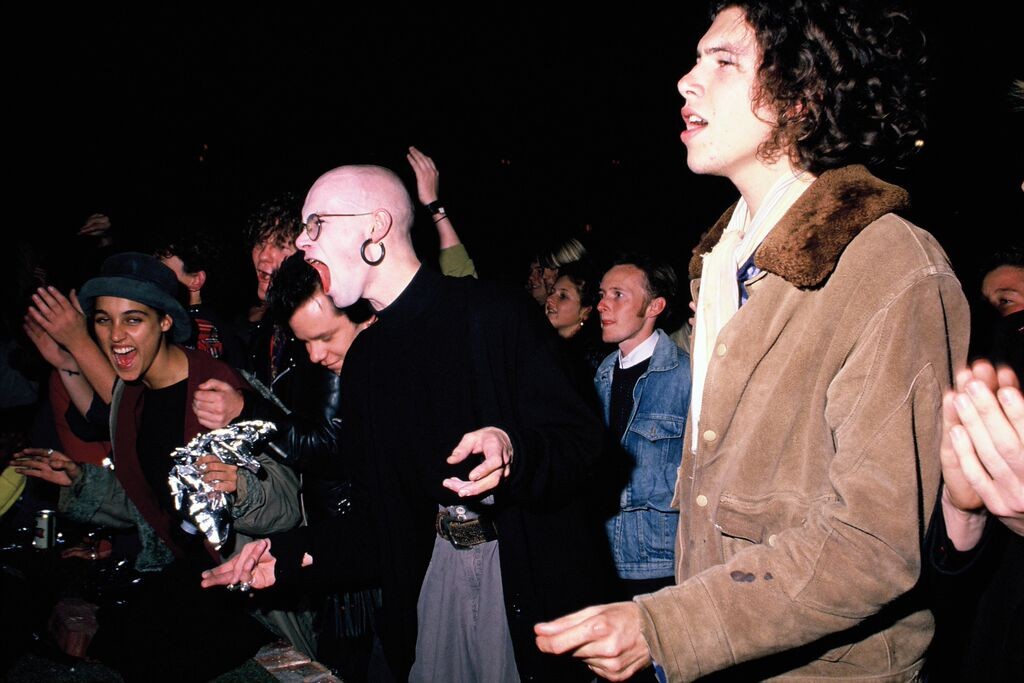
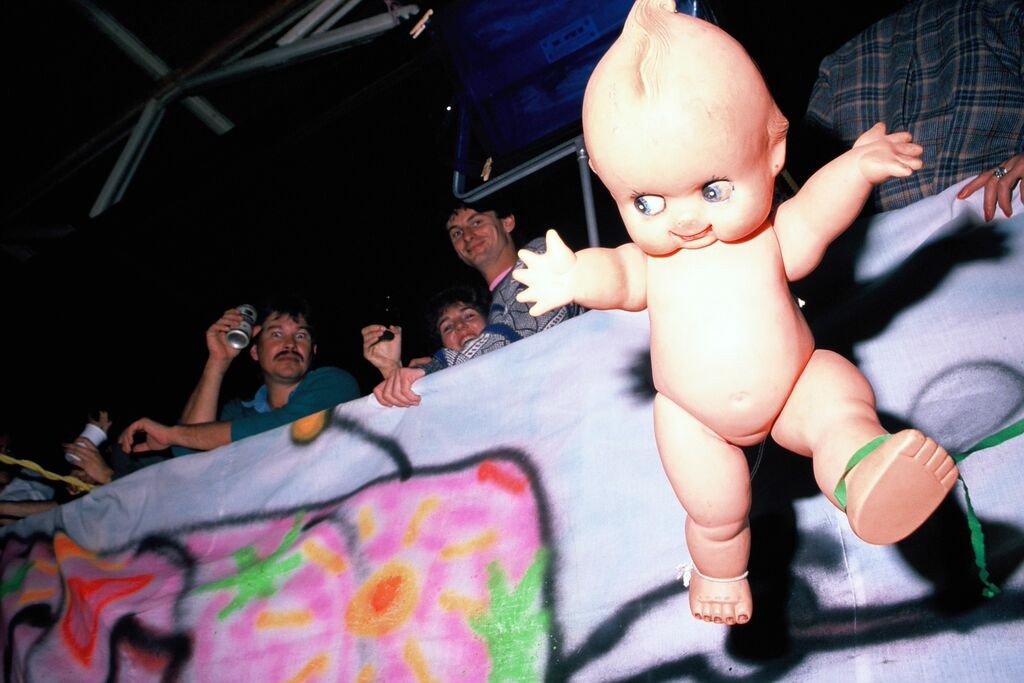
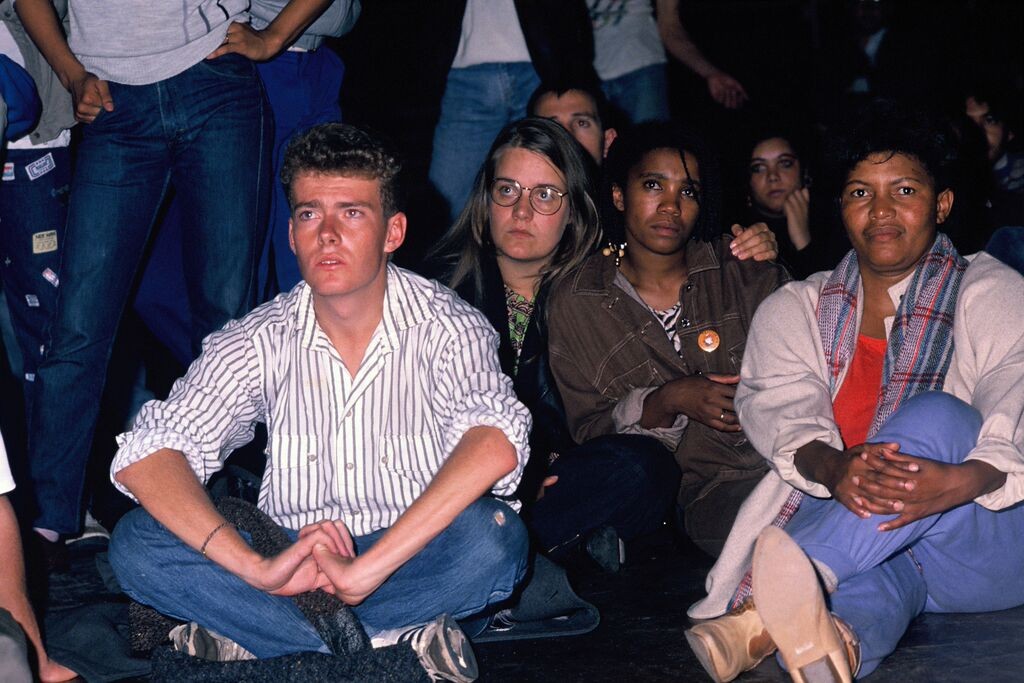
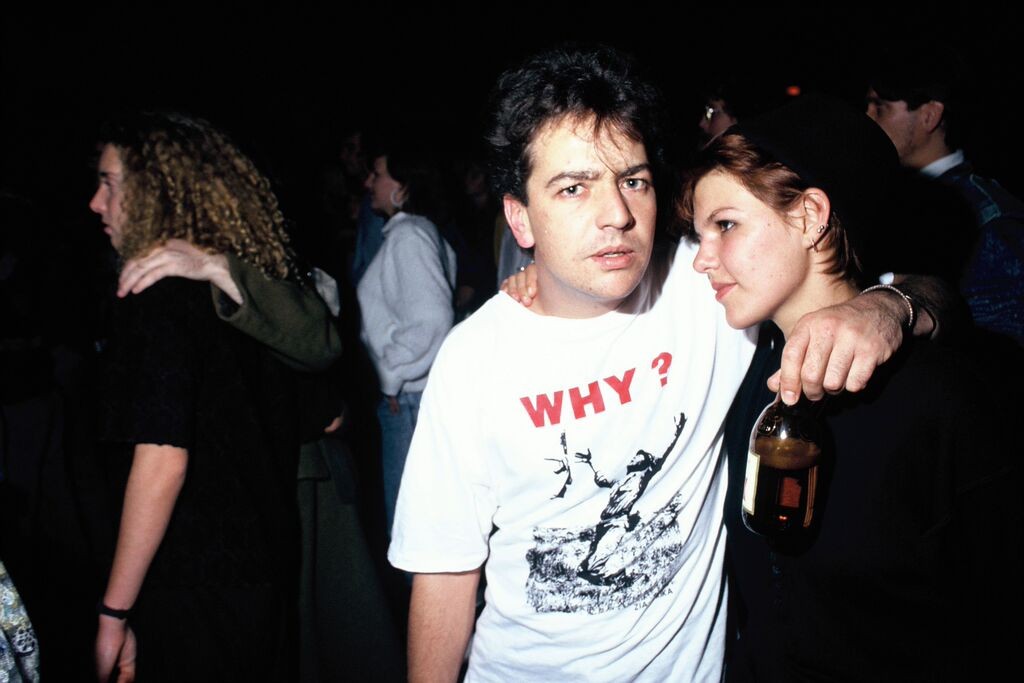
5 comments for “Anarchy in the RSA-Was Drie Gewels SA’s Manchester?”